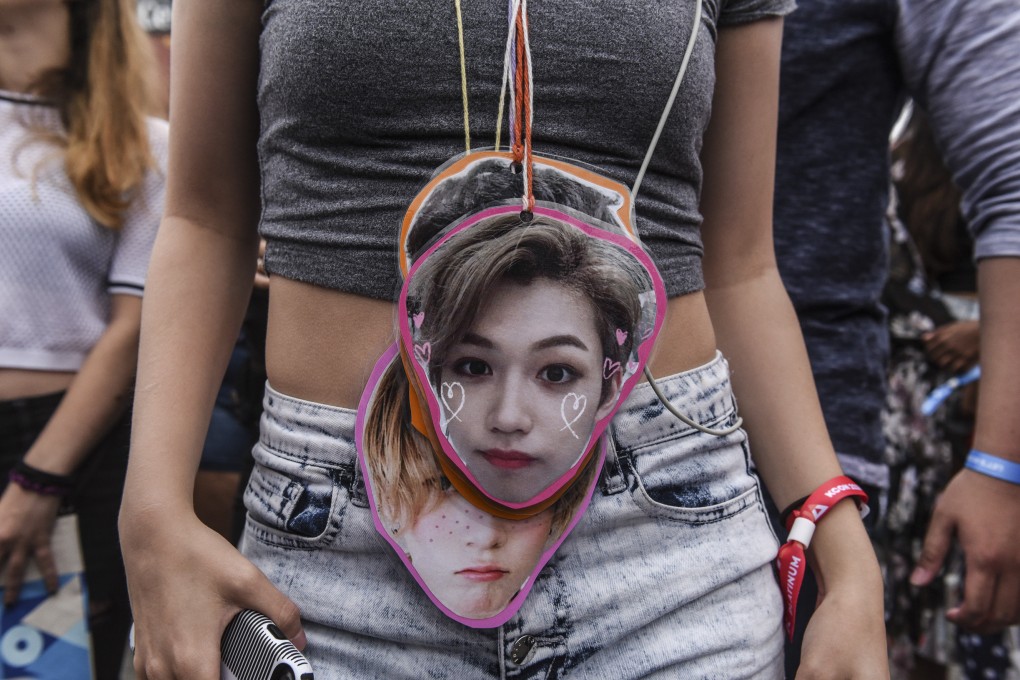K-pop label home to Exo and NCT tackles invasive fans as South Korea updates anti-stalking law
- K-pop label SM Entertainment says it will no longer turn a blind eye to bad fan behaviour, and promises to take legal action
- Obsessive fans, known as ‘sasaeng’, follow stars and invade their private lives, sometimes endangering them

Last week K-pop label SM Entertainment announced that it would no longer ignore the aggressive behaviour of fans known as sasaengs.
Invasive sasaeng behaviour – the word means “private life” in Korean – has long been an issue in Korean entertainment, with many of the biggest stars regularly followed and watched outside their regular work schedules.
Since K-pop idols became popular in South Korea in the 1990s, home break-ins and car accidents attributed to sasaengs have been reported regularly. SM Entertainment, which was an early innovator in K-pop, has largely benefited from the tight bonds between artists and fans, which some feel has enabled the invasive behaviour of sasaengs.
SM has long been recognised for its particularly hands-off approach towards fans who overstep the norms in pursuit of celebrities, which it acknowledged at least in passing in a statement on July 16.
These [activities] are not shows of affection by fans, but illegal acts that invade privacy and can be considered criminal acts
“The excessive invasion of artists’ privacy by ‘sasaengs’ will no longer be tolerated,” the company declared.